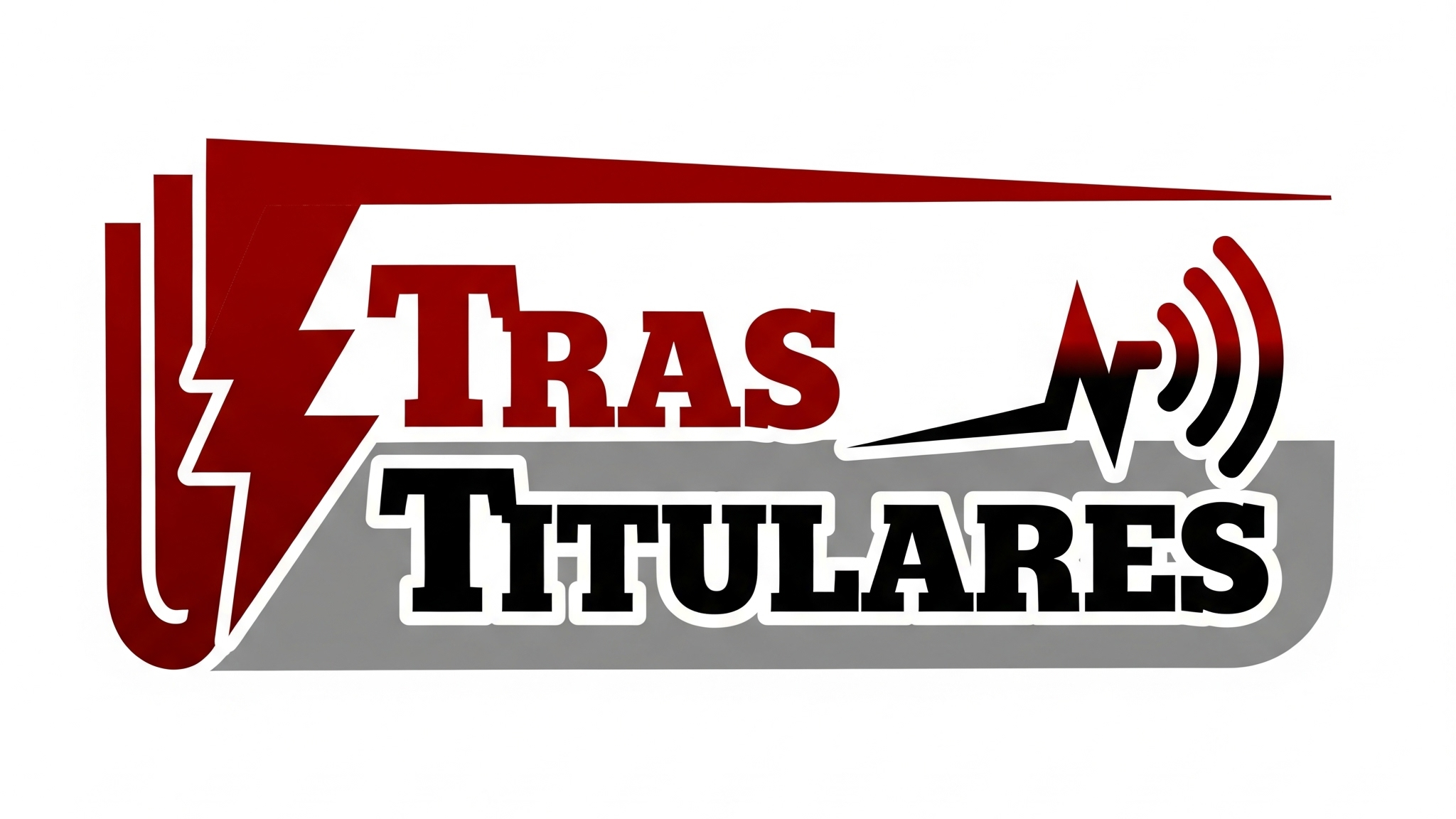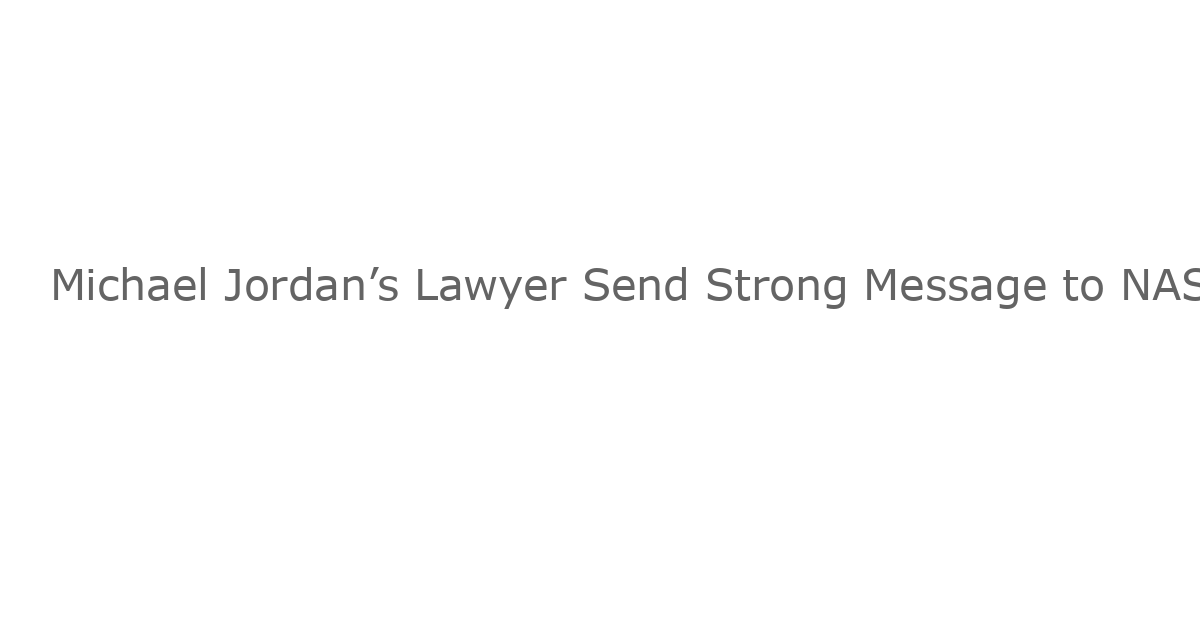The NASCAR Cup Series showdown has the NASCAR garage on edge. As with Michael Jordan’s 23XI Racing team and Front Row Motorsports, pushing back hard against NASCAR. It all started with both teams refusing to sign the 2025 Charter deal. As recent Charlotte hearings wrapped with no quick fixes, Jeffrey Kessler, 23XI lawyer, stepped up with a strong message that’s got everyone talking.
Kessler’s words cut straight through the tension, declaring the “law’s on our side” in a nod to their ironclad case. This comment feels like a bold rally cry for fans rooting for fair play, especially after marathon settlement talks fell flat. But as whispers of a December trial grow louder, Kessler’s confidence hints at a turning point just ahead.
Jeffrey Kessler delivers a courtroom confidence boost
As Matt Weaver detailed in his X, “Court has let out. So honestly, it was a pretty procedural day. A lot of what was argued previously appeared in filings, but with additional exhibits.”
Court has let out. So honestly, it was a pretty procedural day. A lot of what was argued previously appeared in filings, but with additional exhibits.
Judge Bell says any summary judgment rulings will come within two weeks. Biggest takeaway was that Judge Bell thanked both… pic.twitter.com/ang4HkbMLO
— Matt Weaver (@MattWeaverRA) October 23, 2025
The three-hour summary judgment hearing on October 23 wrapped up with no immediate rulings. Jeffrey Kessler, the powerhouse attorney repping 23XI and Front Row, didn’t mince words outside the court. “We think the law’s on our side,” he declared, a line that landed like a green-flag pass for team supporters.
This comes after failed mediations where Jordan himself sat across from NASCAR brass like Jim France, hammering out details on the $7.7 billion media deal through 2031. Kessler’s stance builds on their core claim: NASCAR’s grip on tracks, suppliers, and rules creates a monopoly in premier stock-car racing, paying teams below market value and blocking alternatives.
Kessler doubled down moments later, saying, “We were delighted to get our day in court today. We think we made our case very well. We think the facts are on our side… and we have great confidence in Judge Bell.” Backed by internal NASCAR memos like “Project Gold Codes,” which outlined a contingency plan developed by NASCAR to respond to a potential boycott by its Cup Series teams.
This pushes for a December 1 trial unless Bell’s expected two-week ruling shows some progress in the settlement talks. The Drivers’ Advisory Council, co-chaired by Kurt Busch and Jeff Burton, also got the green light to file an amicus (friend of the court) brief, warning that settlements must safeguard driver voices and fan interests.
Bob Pockrass captured the stakes on X: “The Drivers Advisory Council have asked to be allowed to file a brief in the 23XI/FRM-NASCAR over concerns that any settlement could impact the drivers without their input.” Formed in 2016 to amplify driver input, the DAC’s move, approved on October 23, adds pressure, rooted in past charter fights that hiked payouts but squeezed salaries.
That driver angle underscores a wider shake-up, one that could redefine how NASCAR operates long-term.
Feud’s verdict may overhaul the core of NASCAR
If the case hits trial, experts warn it might force NASCAR to loosen its hold, echoing pro sports shifts like the NFL’s franchise model. Charters, worth up to $45 million each based on recent sales, guarantee race spots and revenue cuts—now at 49-50% of the $1.1 billion annual media pot.
And if NASCAR wins, then smaller teams like Front Row risk folding, as Jenkins testified. Richard Childress put it bluntly: “Without Charters, the team ownership model is unsustainable.” Since 2016, the system has pumped over $1.5 billion in team equity, per owner declarations, but plaintiffs say exclusivity clauses like banning Next Gen car use elsewhere stifle growth.
Rick Hendrick echoed the urgency: “Without this framework in place, I question the long-term viability of the teams.” With NASCAR owning 20 of 38 Cup tracks and dictating parts via single suppliers, a win for 23XI could mandate disposal or open competition, potentially boosting rival series.
Jordan’s vow to fight “for the betterment of the sport” fuels this, but NASCAR counters that it’s pro-competitive, citing team profits under current rules. As Bell noted in August, a loss would make NASCAR “look much different” by 2026.
The post appeared first on EssentiallySports.

